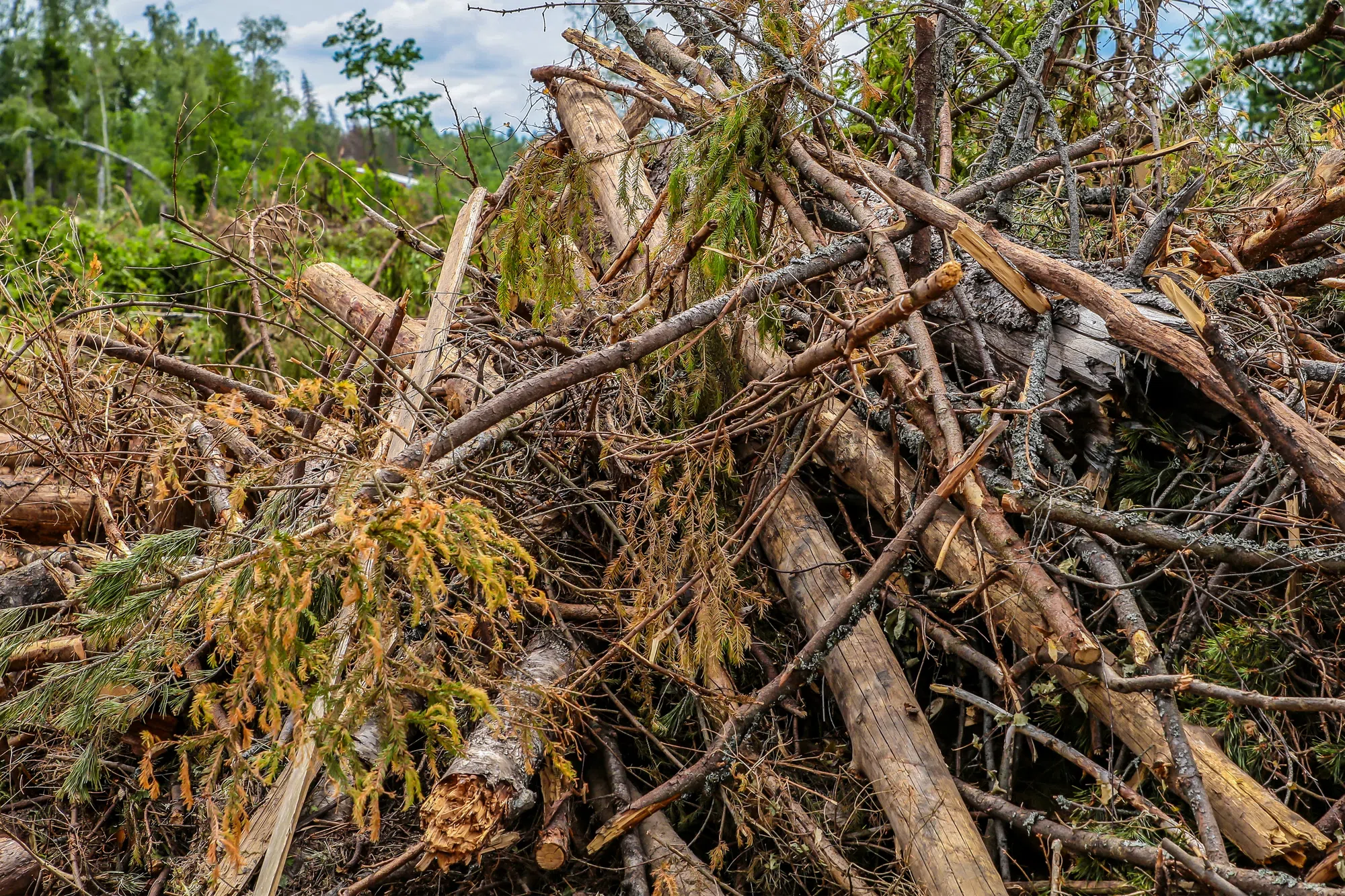Nova Scotia is in the middle of one of its driest stretches in years, and the situation isn’t expected to improve anytime soon.
In fact, Nova Scotia has now issued a province-wide burn ban until mid-October – the fine is $25,000.
In a news release issued Wednesday afternoon, Minister Tory Rushton says, we’ve had many manageable fires this month, but conditions are “ripe” for any small fire to grow larger.
“Nobody wants a repeat of the devastation we experienced in 2023. I ask all Nova Scotians to co–operate, respect the burn ban and save their campfires and other open fires for a safer time,” says Rushton.
The ban applies to open fires such as campfires, bonfires, brush fires, fires in chimeneas and any other fire that is not enclosed and uses wood as the fuel.
Non-woodburning devices like charcoal and gas barbeques and gas stoves are allowed to be used, following manufacturer’s instructions.
Very dry July
Environment Canada meteorologist Ian Hubbard says much of the province has received less than half the rain it would typically see in July.
“Most areas have only received between 40 and 60 per cent of their normal rainfall for the month,” Hubbard said. “That’s on top of the dry conditions we experienced in June and even for some areas back as far as May.”
The dryness is widespread. Yarmouth is one of the only regions close to its usual rainfall, while Kejimkujik has had only about 30 per cent of its normal July total. Halifax is currently on track for one of its three driest July’s ever.
Hubbard says heat warnings have been issued multiple times since June, with long stretches of 29-degree days and humid conditions drying the ground out further.
He notes that when the ground is this dry, short downpours don’t help much. “We like it when we see a good steady rain,” he explained. “A soaking rain over several hours soaks into the ground. With thunderstorms, a lot of that water can run off before it really helps.”
Although a small weather system could bring showers to parts of the South Shore or Atlantic coast late Friday, Hubbard says it won’t provide widespread relief.
“We’re not seeing anything too significant in the forecast at this point,” he said.
Hubbard adds that Environment Canada continues to share weather information with provincial wildfire officials to help monitor fire risks, which remain elevated in many areas of the province.









